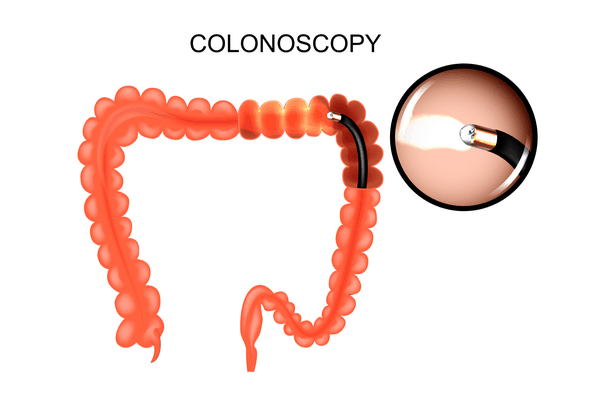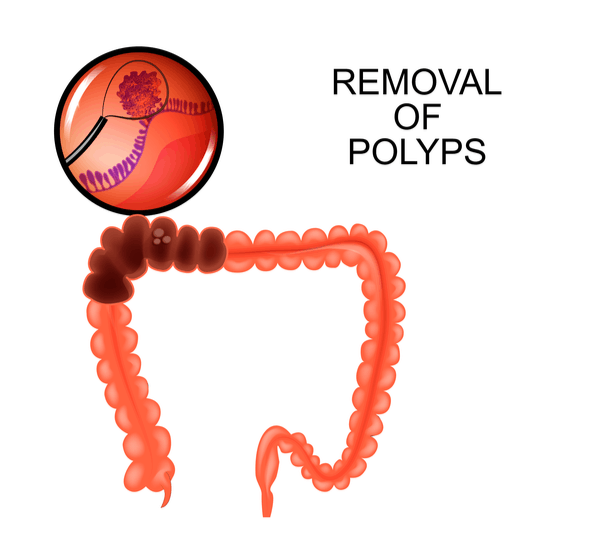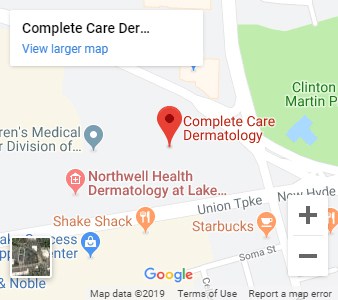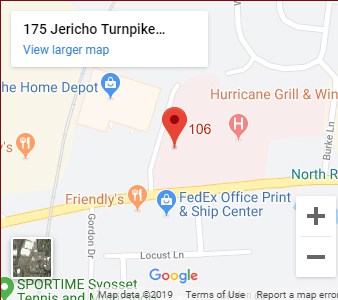What Are Polyps?
A polyp: you may have heard of this condition, but remain unsure on what exactly it is. Most commonly developed in the colon, polyps are small clumps of cells that grow inside various parts of the body. Although some polyps are benign, others can develop into cancer, making it crucial that you receive periodic colonoscopies from your gastroenterologist. Read on to learn more about colon polyps, and if you are in need of a colonoscopy, make sure to call your local gastroenterologist to make an appointment!

What exactly are colon polyps?
As mentioned above, polyps are small clumps of cells that generally develop in the nasal passage, uterine lining, vocals cords, stomach lining, and most commonly in the colon lining. Projected to develop in fifty percent of the population over time, colon polyps come in two distinct categories:
- Hyperplastic Polyps: Definitively noncancerous, these benign cell clumps are small and grow near the end of the colon
- Adenomatous Polyps: This polyp variety affects more people than its counterpart, and carries the possibility of becoming cancerous, although this development usually takes years to occur.

Although colon polyps generally do not show any immediate symptoms, some warning signs certainly do spring up over time. These signs include:
- Rectal bleeding
- Abnormal stool color
- Shifts in bowel habits
- Abdominal pain
How can I stay healthy?
Given that polyps usually do not exhibit any symptoms until late into their development, the best course of defense against this potentially deadly condition is to receive regular colonoscopies once you reach the age of 50.
A colonoscopy is a minor procedure in which a small, camera-equipped tool is inserted into the anus so that a doctor may examine the colon. If any polyps are discovered, the doctor can then remove them and send a sample to the lab for a biopsy. In the event that the sample tests positive for cancer, your doctor can discuss any further steps that need to be taken.
Concerned? Give us a call!
If you are in need of a colonoscopy, be sure to give your local gastroenterologist a call and receive the treatment that you need!



